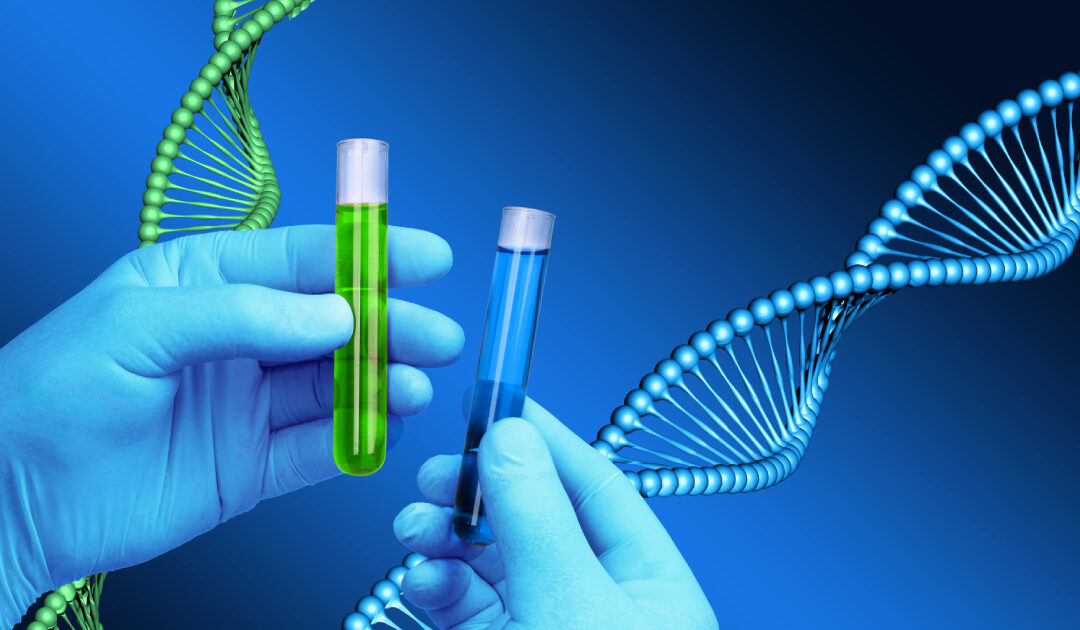Innovations in gastroenterology have taken a quantum leap in the past 200 years. And Australia has been at the forefront of several gastrointestinal advances.
Here’s a brief timeline.
1833 – US Army Surgeon Dr William Beaumont, treated a stomach gunshot victim he was certain would die, utilising revolutionary monitoring and experimentation with gastric juices and digestion.
1868 – Adolf Kussmaul, a well-known German physician, developed the gastroscope. He perfected the technique on a sword swallower.
1922 – Dr Walter Alvarez did the first electrogastrography research.
1922 – Dr Rudolf Schindler described many important diseases involving the human digestive system during World War I in his illustrated textbook and is portrayed by some as the “father of gastroscopy”. He and Georg Wolf developed a semiflexible gastroscope in the same year
1932 – Crohn’s Disease was also discovered this year by Dr Burrill Bernard Crohn.
1957 – Basil Hirschowitz introduced the first prototype of a fibreoptic gastroscope
1982 – For decades Australians were told their stomach ulcers were caused by “stress”or the “wrong diet”, until Aussie doctors Dr Barry Marshall and Dr Robin Warren in the 1980s discovered that stomach ulcers were in fact caused by a rogue bacteria called Helicobacter Pylori. They won the Nobel Prize in physiology for their work in 2005 The Nobel Prize is not awarded posthumously, however Dr James Leavitt was also instrumental in this research.
2001 – The FDA approved the first capsule endoscope for use in patients ( a swalloable camera) which assists in detecting esophageal conditions and detecting cancers.
2009 – Faecal transplants were found to be more cost effective and effective than continued antibiotic administration and reduced the incidence of antibiotic resistance.
2022 – The world’s first four-way liver exchange for patient’s on the liver transplant wait list. This gives double the number of recipients the opportunity to receive a donor liver.
2023 – We heard about the first “gut on a microchip” to help model the gut microbiome.
As all of these medical mentors discovered, there will always be many questions to answer in gastroenterology which continues to have some of the most exciting developments in medicine. AI also enteres the public consciousness for better detecing GI cancers and aortic aneurysms.


